In a media statement on October 12, Pakistan’s Inter Services Press Relations (ISPR) alleged, “On the night of October 11/12, 2025, Afghan Taliban and Indian-sponsored Fitna al Khawarij launched an unprovoked attack on Pakistan along the Pakistan-Afghanistan border.” The term ‘Fitna al Khawarij’ is now used by Pakistan for the Tehreek-e-Taliban-e-Pakistan (TTP). This group was sponsored by the Pakistan army. Later the two fell out, and the TTP turned its guns against it.
Pakistan has claimed, for many years, that it has India’s support, but the international community has never given any credibility to Pakistan’s allegation. ISPR further stated that the Afghan Taliban and the TTP had fired at Pakistani posts and conducted physical raids too.
The ISPR statement went on to claim that Pakistan had “repelled” this “assault”. In the process, “multiple Taliban locations were destroyed all along the border; twenty-one (21) hostile positions on the Afghan side of the border were also briefly physically captured, and multiple terrorist training camps, used to plan and facilitate attacks against Pakistan, were rendered inoperative”. In this military operation Pakistan accepted that it had lost 23 soldiers while 29 had suffered injuries.
The ISPR statement also ventured into the diplomatic area when “it noted with concern” that what it called “this provocation” had taken place when the Taliban Foreign Minister was visiting India. It called on the Taliban “to take immediate and verifiable actions to neutralise the terrorist groups, inter alia, FAK, FAH and ISKP/Daesh operating from their territory. Otherwise, Pakistan will continue to exercise its right to defend its people by persistent neutralisation of terror targets”. The statement finally alleged, “Last night’s episode vindicates Pakistan’s long-standing position that the Taliban government is actively facilitating the terrorists.”
Impact Shorts
More ShortsThe Taliban-Pakistani military hostilities on October 10-11 were serious enough to make Saudi Arabia and Qatar appeal to the two countries to exercise restraint. Both sides heeded the call. Indeed, referring to these military activities, Afghan Foreign Minister Amir Khan Muttaqi was reported as saying, at a media conference in Delhi on October 12, that the situation was now under control and that his country wants to peacefully resolve all issues with Pakistan, but it could also adopt other means. He went on to say that most Pakistani people want peaceful ties between the two countries, but there is a section that is not inclined in this direction. It is noteworthy that the Afghans claim that 58 Pakistani soldiers died in this operation, and Pakistan claims that it killed 200 Taliban and TTP elements.
Clearly, Pakistan has been most unhappy that Muttaqi has travelled to India in response to an official invitation. It would have seen that he was well received and held productive discussions with External Affairs Minister S Jaishankar. Pakistan would have been disturbed at Muttaqi being allowed by the Indian authorities to visit Deoband. Indeed, he is perhaps the first Afghan foreign minister to have done so. This demonstrates that India has no issues with the Afghan Taliban maintaining contacts with one of the main sources of their theological outlook.
The Modi government did well to bat on the diplomatic front foot in not obstructing Muttaqi’s visit to Deoband. Many of the Pakistani seminaries where the Taliban received religious training follow Deobandi teachings. However, they may have distorted them in some ways. Hence, it is best that India does not discourage direct contacts between Deobandi ulema and the Taliban. That would enable Pakistani propaganda against India also to be countered.
The military hostilities between Afghanistan and Pakistan on October 10-11 came in the wake of deadly Pakistani security forces—TTP encounters beginning with the night of October 7-8. The Pakistani army conducted an operation against the TTP that night in Khyber-Pakhtunkhwa province’s Orakzai district. It lost 11 personnel, including the officer commanding the unit (Lt Col Junaid Tariq) and his second-in-command (Major Tayyab Rahat), which took on the Orakzai-based TTP. The loss of these officers caused dismay and anger in the Pakistan army. It obviously also embarrassed army chief Field Marshal Asim Munir, who was holding a Corps Commander Conference on October 8.
The Corps Commanders Conference really represents the true cabinet meeting of Pakistan. It does not confine itself to its military remit but expresses itself on other issues confronting Pakistan. It did so also during this conference. It offered prayers for the personnel who died in Orakzai. Reporting on the conference, ISPR mentioned, “The participants expressed resolve to pursue comprehensive counterterrorism operations across all domains to continue to dismantle the networks of Indian-sponsored terror proxies like Fitna Al-Khawarij and Fitna Al-Hindustan.”
‘Fitna Al-Hindustan’ is the name given by Pakistan to the Baloch insurgents. Its claim that the TTP and the Baloch groups are Indian proxies is pathetic and ostrich-like. The fact is that the large sections of the Pathans and the Baloch hate Punjab’s domination over all aspects of Pakistan’s national life. The insurgencies are entirely homegrown and will not end because neither the Punjabi elites nor the army dominated by Punjab will ever abandon its iron grip over the other provinces. Indeed, it would not be an exaggeration to assess that Punjab treats the other Pakistani provinces as quasi-colonies of Punjab.
In the conference, the army commanders also considered political issues. In a clear reference to Imran Khan’s PTI, whose government controls KP, the commanders held that “the existing nexus between terror and crime with political patronage, which is gravely hurting the interests of the State and the security of its people, will not be allowed to continue anymore, come what may”. These are brave words but will not impact either the crime-terror nexus, which has become an intrinsic part of Pakistan’s polity. Nor will it diminish Imran Khan’s looming presence over Pakistan’s politics even though he is in jail.
The Pakistan army received another shock on October 8 when, in an operation in the Dera Ismail Khan district against the TTP, the group killed a major. And on the night of October 10-11, the TTP attacked a police training school in the same district, killing 6 policemen.
In the wake of these TTP actions, the Pakistani army undertook aerial strikes in the border areas between the two countries and also undertook a terrorist action in Kabul, causing large explosions. It seems that the Taliban authorities responded to these Pakistani provocations by firing at some Pakistani posts. That led to the large-scale Pakistani military action of October 10-11.
There is an uneasy temporary peace between the two countries, but the Pakistani political class and the army are very angry with the Taliban. They are calling them ‘ahsanfaramosh’ (ungrateful). This is especially because of the growing Taliban ties with India. The sweetness in Pakistani mouths in the wake of the Taliban victory in August 2021 has turned to great bitterness. What Pakistan forgets is that there is no gratitude in interstate relations. Besides, the Afghans have always felt that the Pakistanis exploited them even when they were refugees.
The extent of Pakistani anguish and anger can be gauged from the complaint lodged by its Foreign Ministry with the Afghans at the Joint Statement issued following the Jaishankar-Muttaqi meeting. Pakistan complained that “the reference of Jammu and Kashmir as part of India is in clear violation of relevant UN Security Council resolutions and the legal status of Jammu and Kashmir”. There was no explicit mention of J&K’s status. What was mentioned was India’s appreciation of the Taliban regime’s condemnation of the terrorist attack in Pahalgam, J&K, India. This was, of course, an indirect acceptance that J&K is Indian.
In his press conference in Delhi on October 10, Muttaqi said that Pakistan should not blame outside powers for its internal problems. This meant that the TTP was its own issue. Muttaqi had also denied the group’s presence in Afghanistan. The Pakistan Foreign Ministry objected to this. It stated that Pakistan had repeatedly brought the presence of “terrorists” in Afghanistan to the attention of its authorities and that Muttaqi had overlooked that fact.
The real problem is that Pakistan is now fearful of a greater Indian presence in Afghanistan. That would lead to enhanced cooperation between the two states through the flow of greater Indian humanitarian and developmental assistance but also in the security sector. This would, Pakistan assesses, lead to more unsettled conditions in Balochistan and KP.
It is necessary for India to build on the positives of Muttaqi’s visit. India’s interests demand this. And, when interests get involved, then other considerations have to be addressed but not obsessively. In all this, India will have to pay far greater attention to the security of its Afghanistan-based personnel and be prepared for Pakistan undertaking calibrated terrorist attacks in India. This will be difficult.
The writer is a former Indian diplomat who served as India’s Ambassador to Afghanistan and Myanmar, and as secretary, the Ministry of External Affairs. Views expressed in the above piece are personal and solely those of the author. They do not necessarily reflect Firstpost’s views.


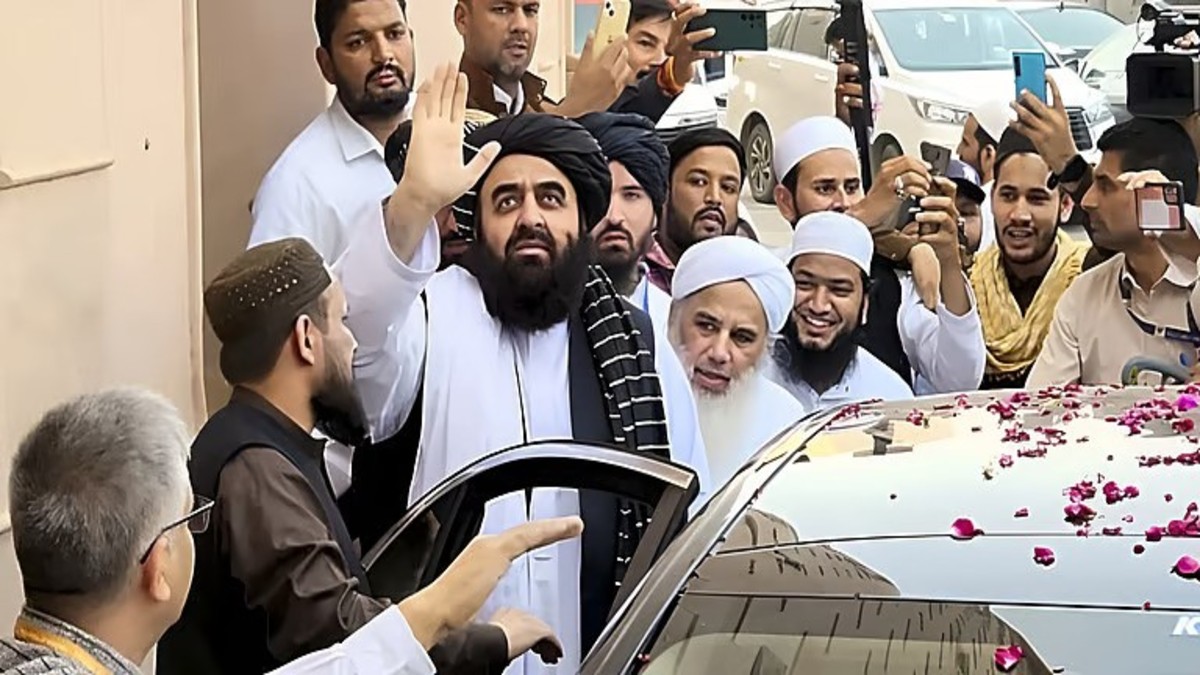)
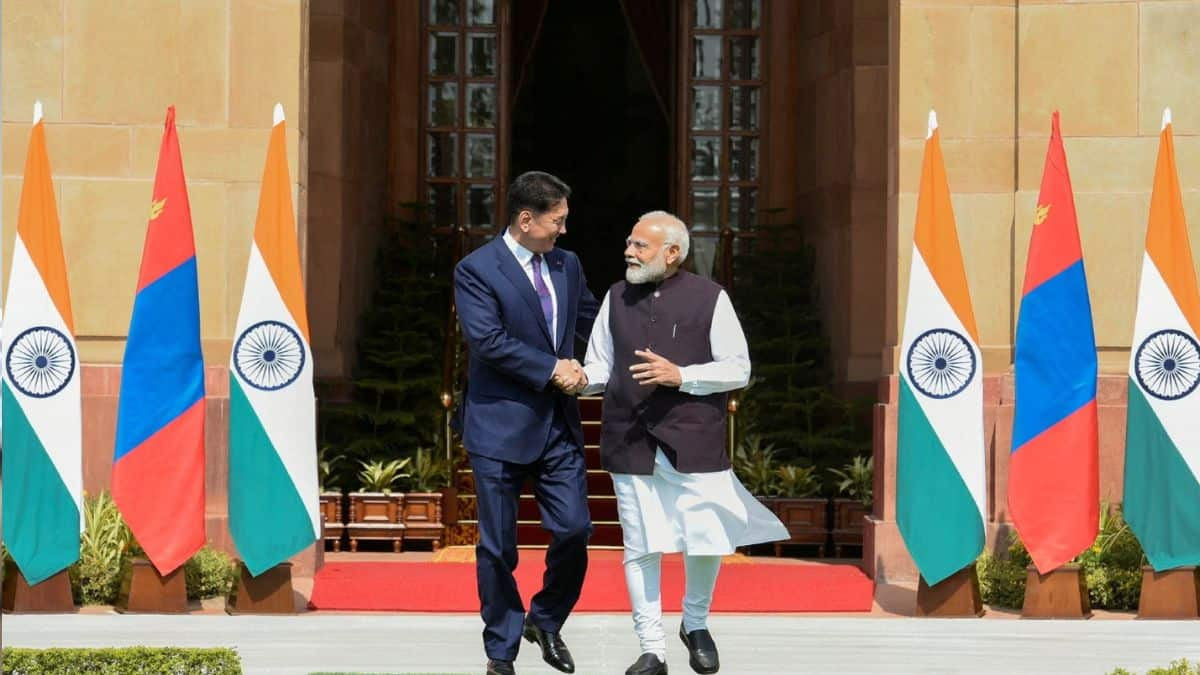
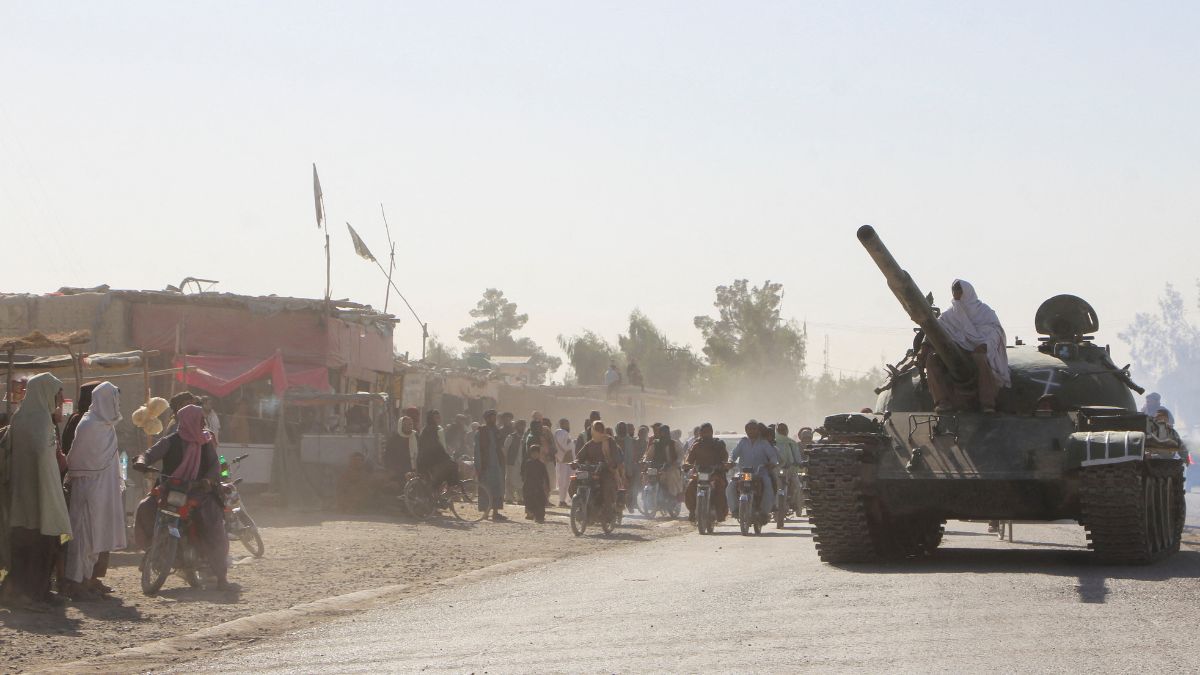)
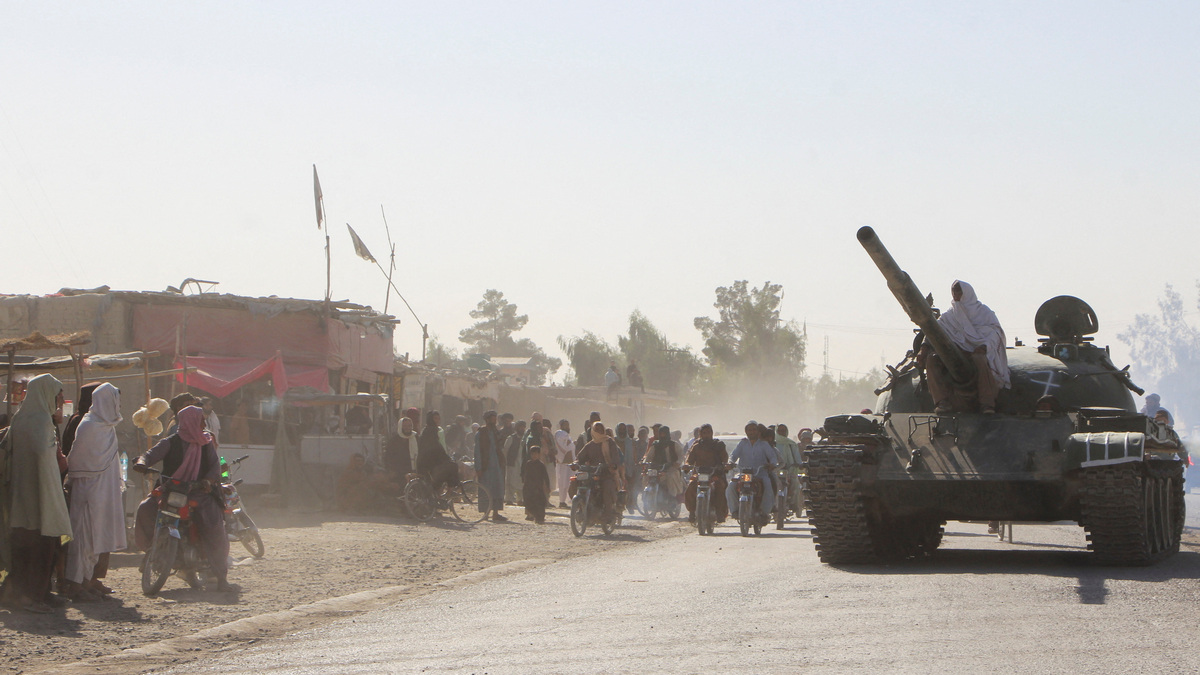)
)
)
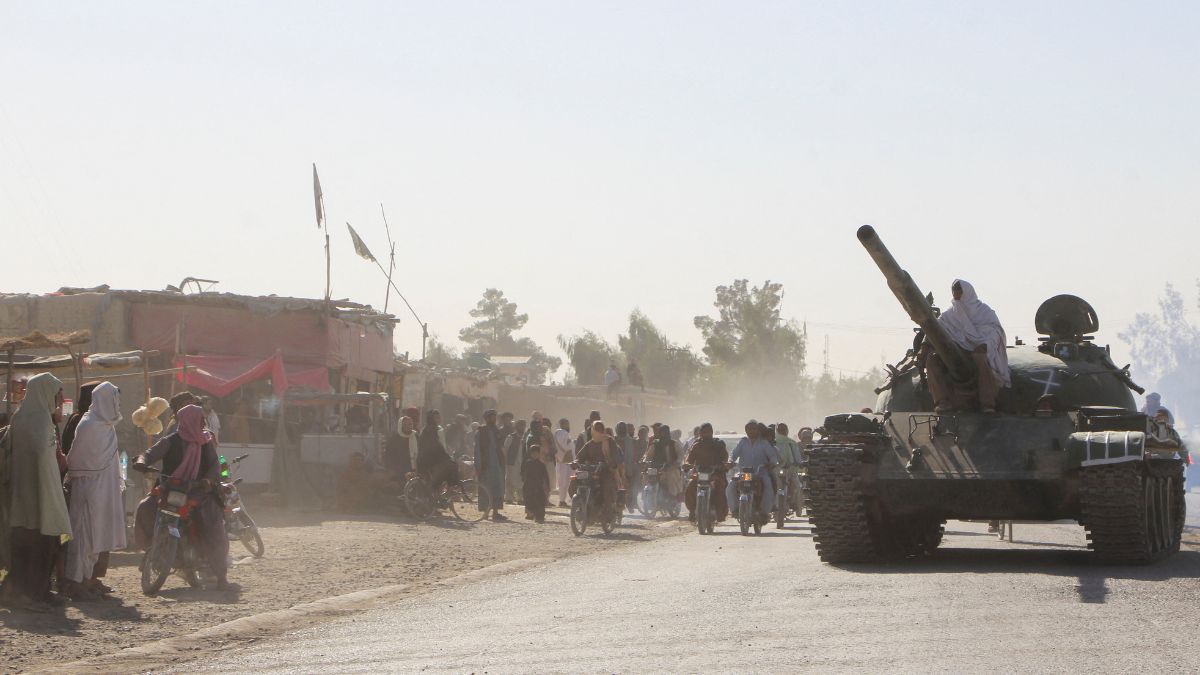)
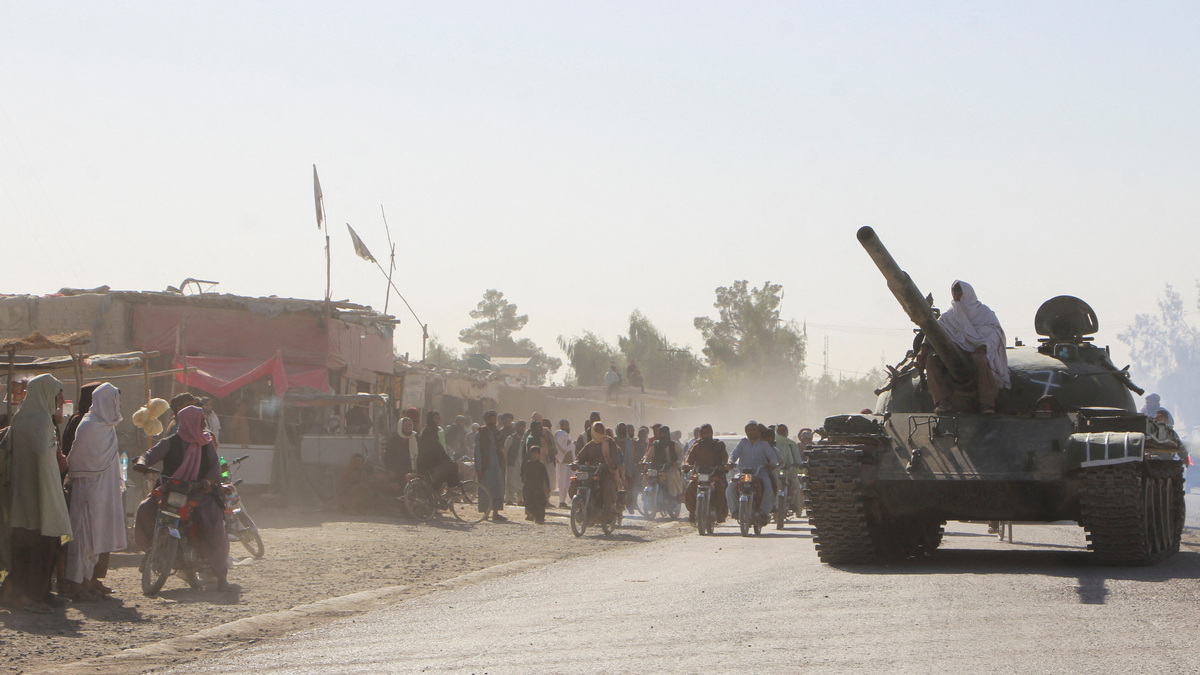)
)
)



